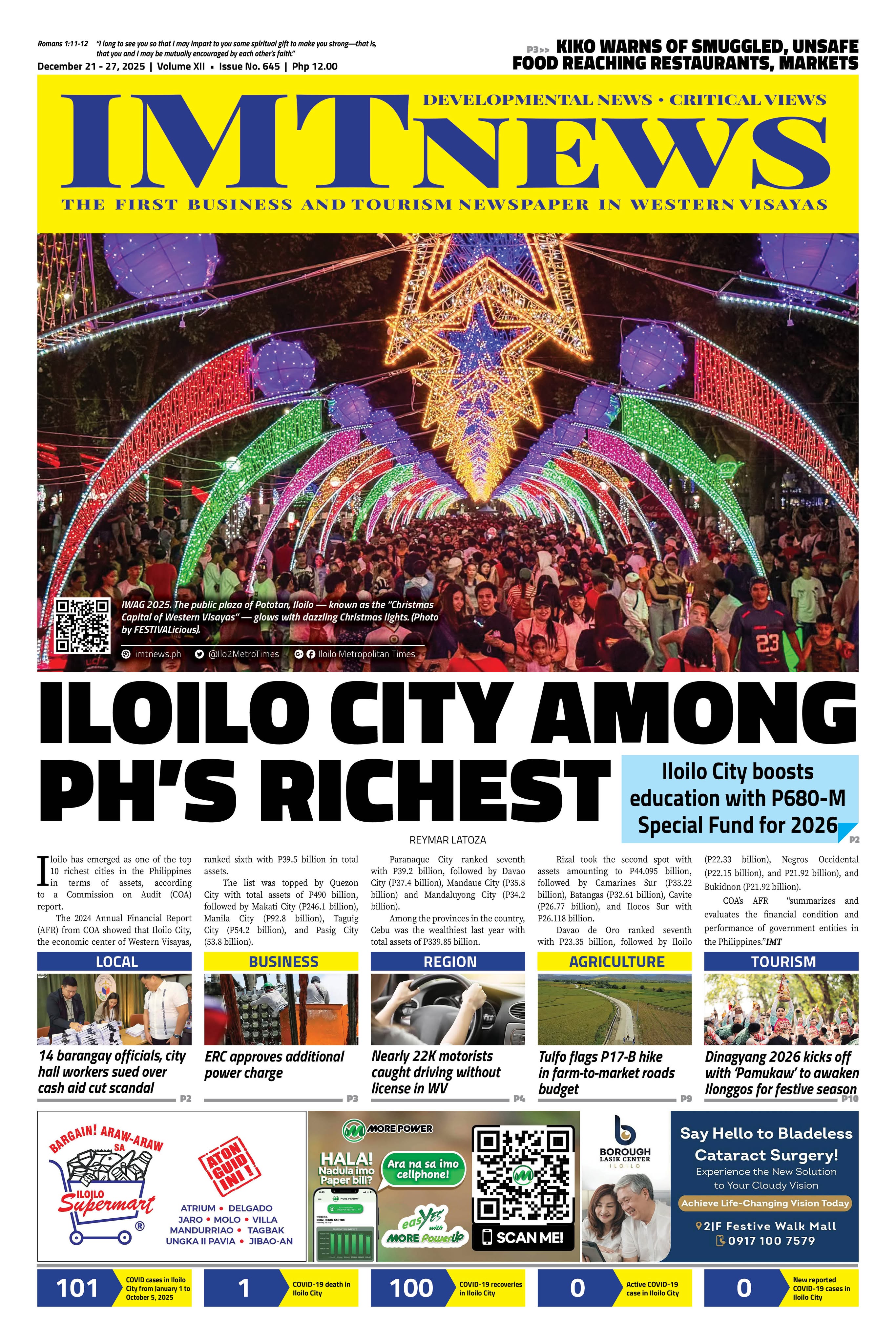It is far too simple to point fingers in the complex debates over the country’s education condition. But if we pause and shift our gaze from the blame game to the beacons of hope within our schools, we find our dedicated, heroic, and committed teachers. In addition to imparting knowledge, these teachers—who typically operate in less-than-ideal settings—also influence history, one pupil at a time. We must treat them with the respect and assistance they merit, considering their pivotal position as the foundation of our country’s future.
Our teachers—sans the very few incompetent, lazy, and toxic ones—work in a system fraught with difficulties, such as packed classrooms and limited funding. Nevertheless, they continue because they are enthusiastic about teaching and committed to their students’ achievement. This commitment is admirable, particularly in light of the disparities in the prerequisites for primary education and teacher preparation and the depressing patterns in the results of licensure examinations. It is evident that institutional obstacles that prevent our instructors from providing high-quality instruction—rather than a lack of effort on their part—are the real problem.
The conclusions of the EDCOM II report stress how urgently these systemic problems must be addressed. To enhance teacher education, it is crucial to coordinate the policies and initiatives of critical educational institutions, including PRC, DepEd, and CHED. But the way regulations are now written frequently stifles creativity, trapping Teacher Education Institutions (TEIs) in a compliance-only maze that accomplishes little to raise the standard of instruction in our classrooms.
Regarding our approach to education reform, regulatory deregulation is an apparent demand for more than a bureaucratic shuffling around. To enable TEIs to modify their curricula better to meet the requirements of the contemporary educational environment and further educate teachers for the demands of the classroom in the twenty-first century, we must promote an innovative mindset.
Let us not stop there, though. It is impossible to overestimate the importance of having a single education system that functions as a coherent whole instead of a fragmented sector. The lack of collaboration across important education organizations has resulted in a disjointed educational system that benefits no one, least of all our pupils. It’s time to get over the notion of “perfect on paper” and focus more on “doable in practice,” highlighting workable ideas to improve our kids’ education.
Furthermore, it is patently false that parents, educators, and students are excluded from crucial conversations and decision-making processes related to school reform. In nations renowned for having excellent educational systems, these parties actively participate in the committees that develop educational policies. To ensure that those whom education policies may touch have a say in their development, we should work to emulate this paradigm.
The World Bank’s research on learning poverty underscores the need for structural reform and draws attention to the issue of overworked teachers. Administrative responsibilities can occasionally replace a teacher’s primary role in education. Reducing this administrative burden and providing teachers with the support they need to focus on teaching is one of the most crucial stages in resolving the learning crisis.
In the future, collaboration will be necessary between all parties involved in the Philippine education system to address the system’s many problems. Instead of pointing our fingers at our beloved teachers, let us collaborate to design a system that serves our students’ needs. Although our instructors have shown time and time again that they are more than capable of taking on the challenge, they need our help to succeed.
Let us encourage the dedicated and diligent educators and recognize them for the heroes they are. Let us commit to systemic reform that addresses the root causes of the issues they face, in addition to ensuring that their opinions, as well as those of parents and kids, are amply heard in the halls of power. This is an investment in education as well as our nation’s future.
***
Doc H fondly describes himself as a ‘student of and for life’ who, like many others, aspires to a life-giving and why-driven world that is grounded in social justice and the pursuit of happiness. His views herewith do not necessarily reflect those of the institutions he is employed or connected with.







